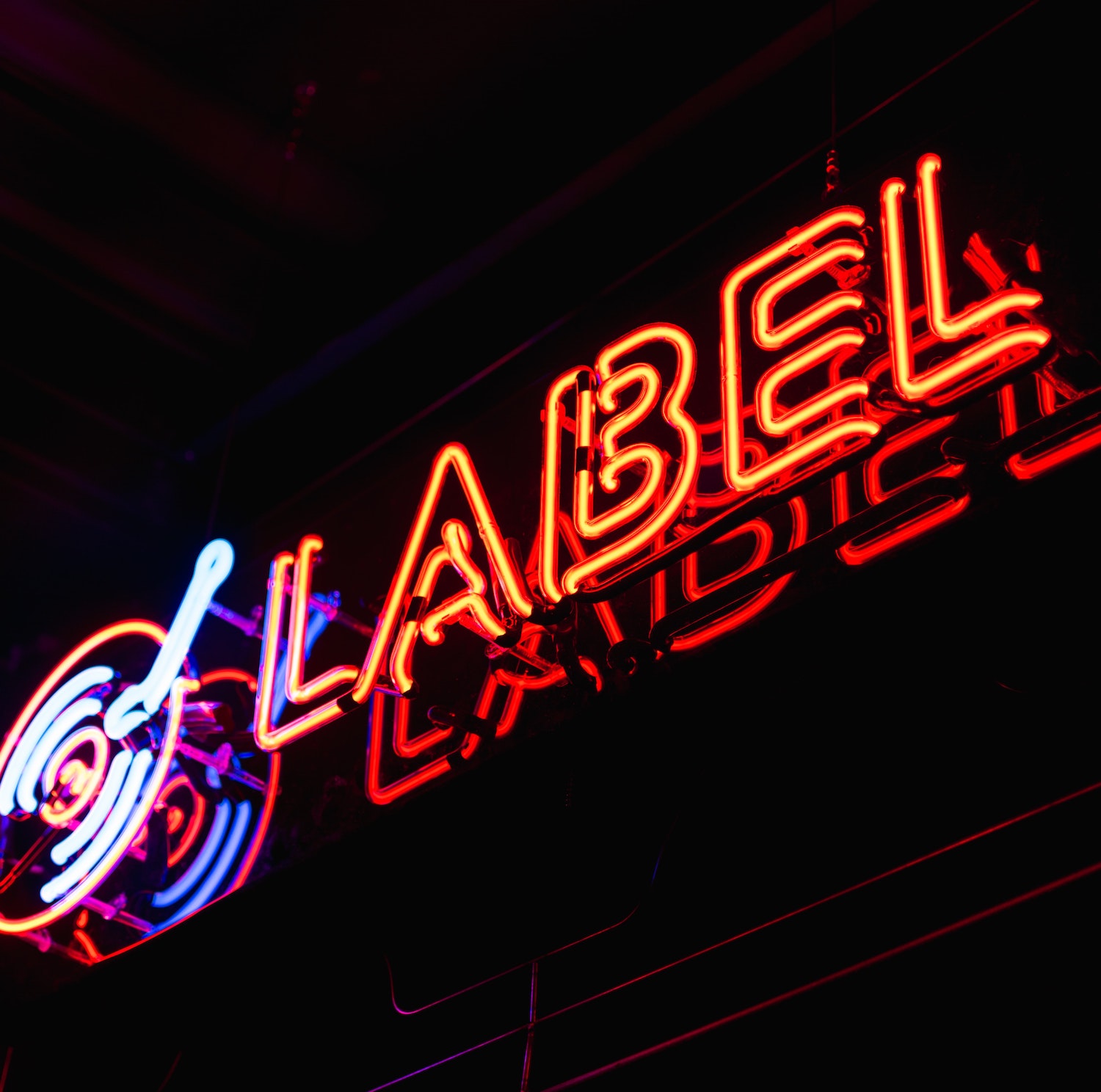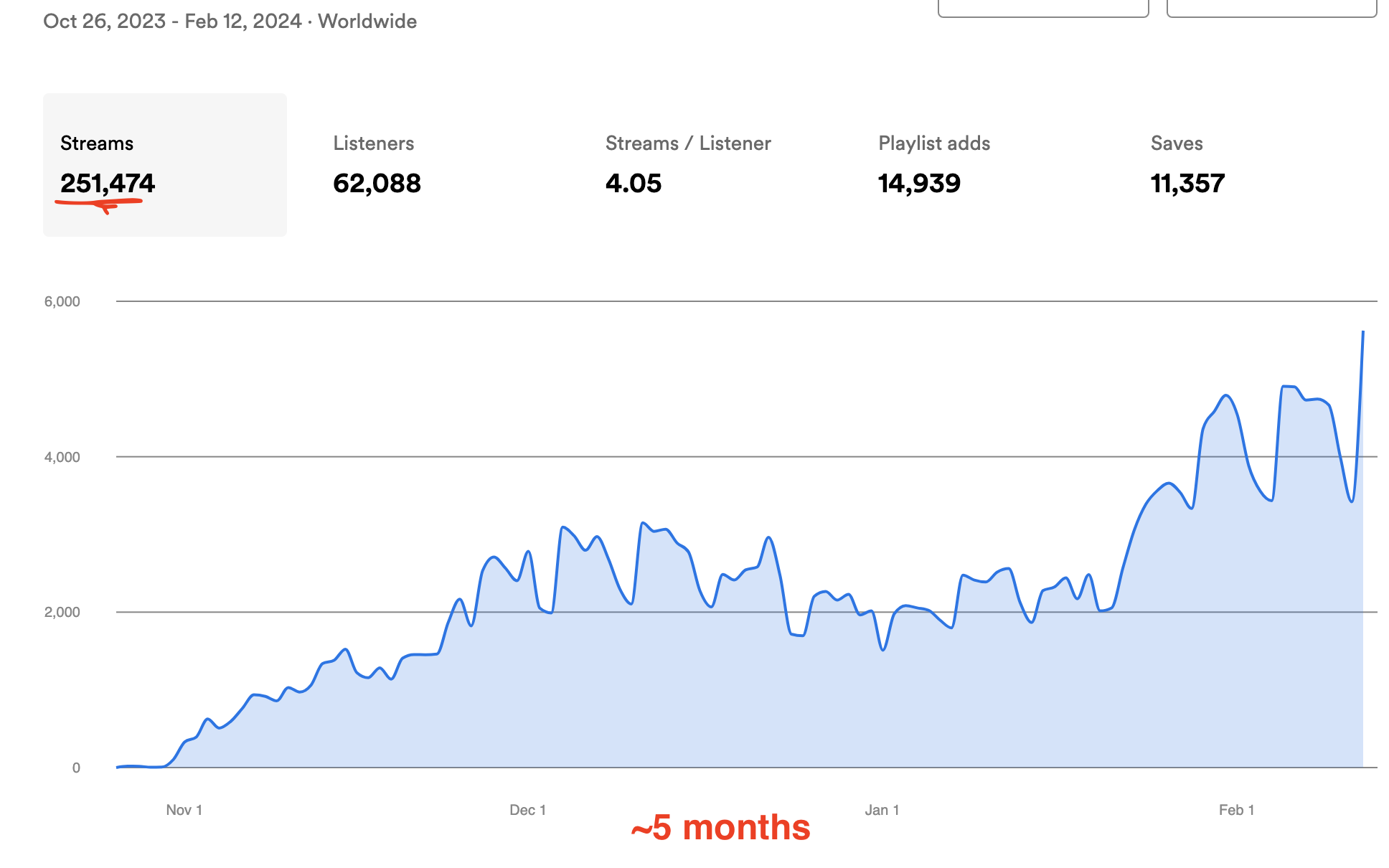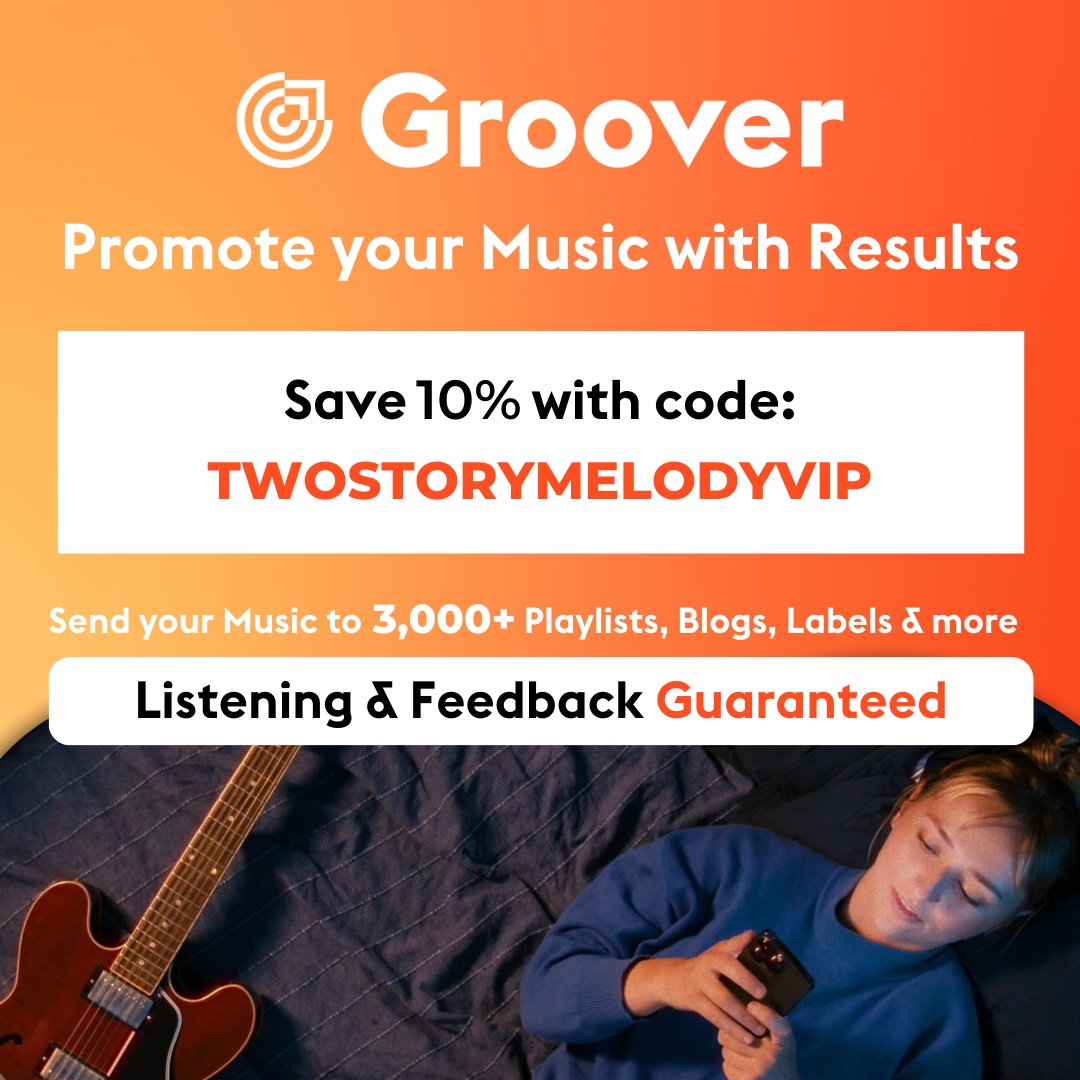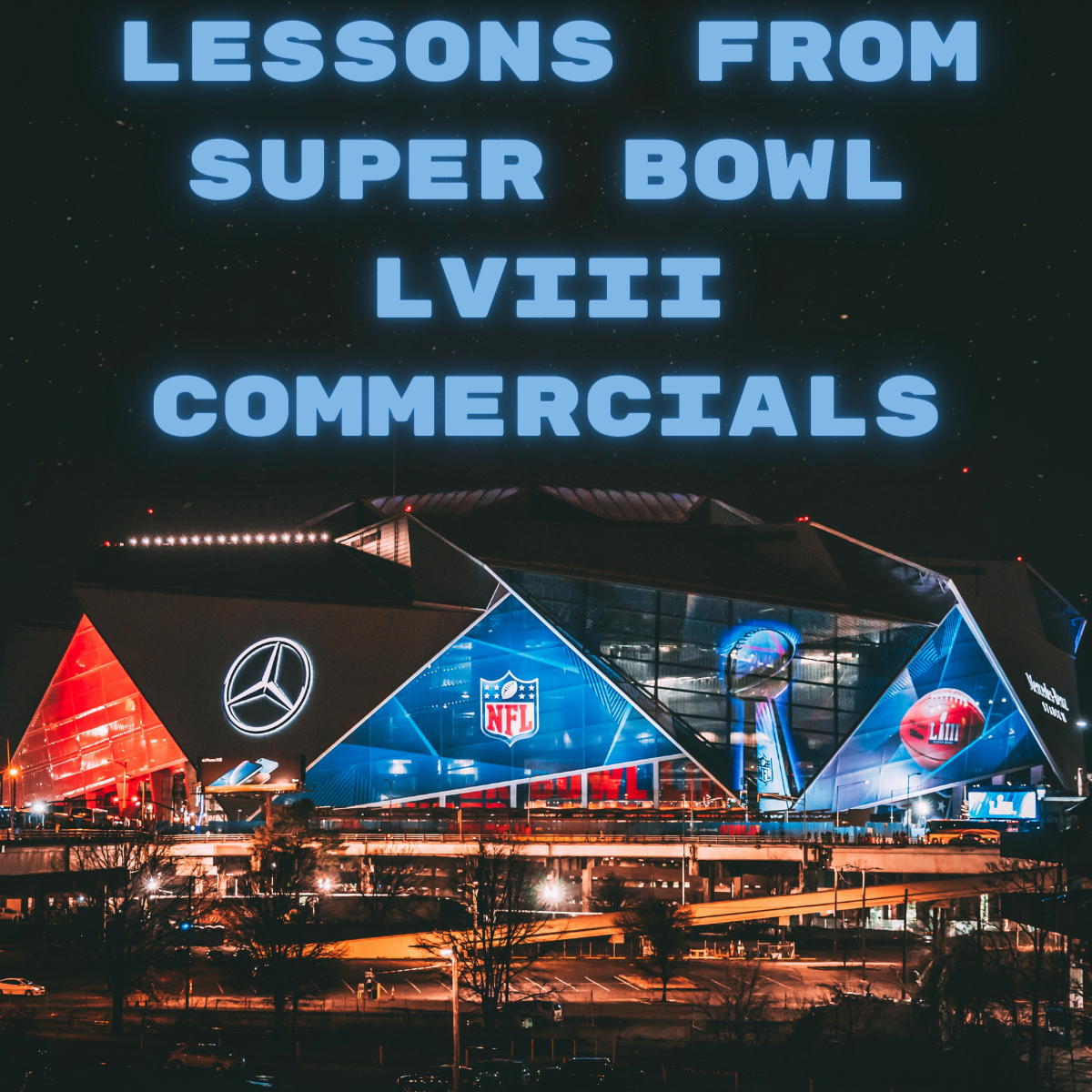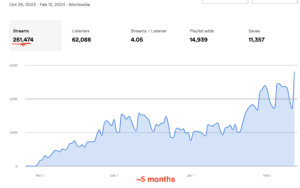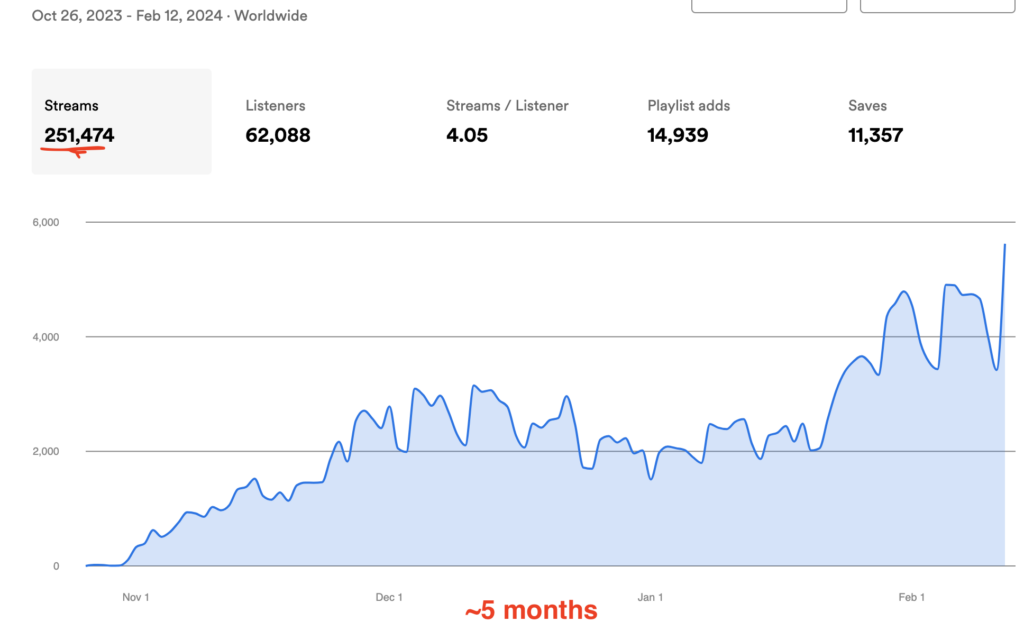Not so long ago, getting a record deal was the dream of every artist.
Musicians would aim to get the attention of a record label as it was the only way to sell music, get heard, go on tours and play shows in festivals and big venues.
In the digital era we live in, many bands successfully promote their projects without the marketing and financial support of a record label. Independent artists have built their careers on social media, while others have been discovered and signed by record labels that saw them on YouTube.
The tools provided by social media and DIY marketing strategies have helped many independent artists to release their music, book shows, and sell merchandise all by themselves. TikTok has been the latest trend for some time: a platform that works incredibly well in promoting music, thanks to its appeal to younger audiences and plenty of music-centred content.
Within this ever-changing landscape, record labels had to rethink how to approach new artists; after all, getting a record deal is not the priority for many bands anymore. However, that does not mean record deals don’t exist anymore or are no longer relevant. On the contrary, for many musicians out there, the ultimate goal is still getting a record deal, as the opportunities to reach a wider audience increase dramatically if you have the support of an established music enterprise.
In this article, you’ll find out how to get a record deal in 2022. I’ll explain how you can benefit from a record deal, what labels are looking for these days, and provide you with a step-by-step guide on how to get a record label’s attention.
What is a record deal?
Why should you look for a record deal even if you’re a successful independent artist? This is something all independent artists think about as their career progresses. There’s no unique answer to this question, so let’s start by analyzing what a record deal is.
A record deal is a legal agreement between a record label and an artist. Different artists get different record deals based on their notoriety, previous publications, and so on. Simply put, Coldplay have probably more leverage when negotiating with Atlantic Records than your high school band might have. No offence, but that’s how it is.
If your band s moderately successful, the record labels pay an advance to the artist and take care of all the marketing and publishing. The artist agrees to make music (singles and albums) and release a certain amount of music only through the record label. Usually, the record label owns all copyrights for the master of the tracks.
If the only people who know about your music project are your parents and a small group of friends, you can still get a record deal. Still, most likely, you won’t get any advanced payment for the recordings, and you might even have to pay for production and marketing costs partially.
Does that seem unfair? As an artist and record label owner myself, I’ve thought about this a lot. I came to the conclusion that if a label decides to support you despite you not having any marketing appeal, it’s fair they ask you to contribute to the publication costs. It’s also a form of mutual commitment that seems to encourage artists to make an extra effort to promote their music.
I’d recommend you read the contract thoughtfully before signing it. If you’re not sure, get the support of a professional lawyer. There have been many terrible stories of artists who signed deals without knowing what was in the contract and regretting it later.
What you should expect from a record deal
Record labels are in the business of promoting and selling music. In most cases, a record label focuses on one genre or genres connected to each other, but others don’t have a defined style and sign anyone they think might be successful.
The record label will take care of all the press, booking, and promotion to help the artist expose their songs to a broader audience. They also provide other opportunities you wouldn’t have the chance to get as an independent band, like access to professional studios to record your albums, advertising, booking agencies, performing at music festivals, attending music events, and more.
There are huge differences between working with a major label and an independent label, but both offer opportunities for promotion and growth; they want you to succeed so they can benefit from it too.
What record labels do not do
Record labels won’t manage your finances. They won’t grow your fanbase (they will offer opportunities to do so, but it’s up to you how you benefit from these opportunities). Think of labels as an expansion of your already thriving business: an investor helping out an artist with a solid fanbase and a career heading in the right direction.
If you think of it from the record label’s perspective, they are investing a lot of money with no guarantee of a return. So obviously, they will look for someone who’s already generating some income, ensuring their fans will buy their music.
What labels are looking for in new artists
Here’s a list of what you need to get noticed by a record label:
- Create incredible songs with a unique style. Do something different from, or better than, anyone else.
- Have buzz.
- Have a presence on social media. Having an account is not enough: stay active and engage in conversation with your fans and other musicians.
- Have a solid fanbase to attend your shows, and buy records and merch
- Have momentum. You should be trending upward, not resting on past success.
- Show your commitment to your project and be ready to jump to the next level.
All these things look attractive to most records label because it makes their job easier. You want to make sure they know you’re professional, committed, and ambitious.
Prepare yourself for a record deal
Independent artists looking for a record deal need to do the hard work beforehand and not wait until they’re signed to start figuring things out.
Let’s take a look at what it means to be ready to sign a record deal.
Release music
You need to make music, and your music needs to be out there. There are many resources to do it on your own, with a computer or laptop and a free DAW (digital audio workstation).
Your songs need to sound professional, so you may want to hire a sound engineer at some point. Define your sound and release as many songs as possible, maybe 1 or 2 per month (Spotify recommends releasing something every 6-18 weeks), on every streaming platform. Then start to share them everywhere, which leads us to the next step.
Get on social media
Being active online can give you a huge advantage over other artists. Create a profile on Facebook, Twitter, a YouTube Channel, TikTok, and even a website to consolidate your presence.
You don’t have to be active on all of them; choose the ones where you feel more comfortable and where your audience is most engaged. You can try all platforms and see which one performs best. Once you find the right ones for you, start building your fanbase.
Here are some tips for having an attractive social media profile:
- Choose a username that matches your project. It can be your name or your band’s. If it’s taken, try with something that connects to your project.
- Have a good profile picture. Invest in a photo session if you can, then post each photo of a band member with some fun facts about them.
- Spend some time writing a professional biography.
- Use Linktree and similar to send your fans to your other channels.
- Post sneak peeks of your upcoming songs to give something to look for to your audience and those who find you. Your music needs to be the crucial topic.
- Be active! Engage with other bands, answer and like comments.
Grow your fanbase
If you’re not working on growing your fanbase at the same time as working on your music, you’re far from getting a record deal. I know this may seem easy to obtain once you get signed with the record label’s help, but remember that labels are looking for someone who can do it independently.
Aside from that, you want to be directly in touch with your fanbase. Think about it: what if you change record label? Or if they communicate with your audience in a way you don’t like? You have to do this yourself; there’s no way around it.
Growing your fanbase is the hardest part for many, but show yourself as you are, why you’re making music, and connect with people. Word of mouth is still one of the most powerful marketing tools for musicians.
It will take time, but if you are consistent, you will build great connections with your fans. Be the artist you, as a fan, would like to support.
Perform live
Live performances are the best way to get new followers offline, and it’s something record labels will also pay attention to. If you’re able to fill a venue in your town, then you have the potential to fill big venues elsewhere.
To achieve this, stay active in your local scene. Talk to the owner of coffee shops, bars, restaurants, or anywhere you may be able to perform. Collaborating with other artists is helpful; offer to open a show for them. You’re on the right path if your audience grows from show to show.
Networking
Meeting other people in the music scene can bring many opportunities for you. Get in contact with producers, bloggers, promoters, bands, and singers from different genres. They usually know someone who knows someone who might have close contact with a record label.
Online networking is excellent; you can follow other artists and see who they are following. But don’t forget to do offline networking too.
Build your press kit
Once you gain more followers and people attend your shows, they will want to know more about you. Having an Electronic Press Kit (EPK) available on your website will give them all the information about your band. Your EPK must include your biography, photos, contact information, and streaming links to your music.
If you don’t have a website, you can use your social media platforms as EPK; make sure to have all the info on display. People want to know about you when they open your profile, not scroll down until they find what they are looking for. What if that person is an A&R (Artists and Repertoire) searching for something new? You will lose the opportunity to get contacted by them.
Research labels
If you have done everything up to here, you are one step further toward getting a record deal. Now is the time to start researching which labels are actively looking for artists to add to their roster. You can begin by looking at other artists you like. Who are they signed to? If they are signed to a major label, who were they signed to before? You don’t have to go for major record labels at first. You’ll have more chances with an independent label.
Take a look at the labels’ websites. Most record labels have a contact page with all their team email addresses. Look for their A&R people and write down their names and email.
Another thing you must find is their guidelines for submitting unsolicited demos. You will find some record labels do not accept them; don’t insist on those, as they won’t even open your emails.
Submit your music
You have the label records you want to pitch and are ready to submit your demo. You can use a platform like Groover to get in touch, if you find labels you like there. Alternatively, you can email the A&R. Address them by name and keep your email short with an eye-catching subject line. Don’t forget to include your name, band name, contact info, and a link to stream your demo.
Artists, hear me out: send streaming links! I run a small record label, and even so, I get dozens of albums sent via Wetransfer weekly, a couple of CDs per month and the occasional tape in the mail. So make people’s life easier and send a streaming link to your album: if they’re interested, they’ll ask for download links or physical copies.
Get better and repeat
Once you’ve done everything, keep improving your music and release new songs. Update your social media and play as many shows as possible. Study other bands, especially those already signed to a label, and look closely at their music writing and composition.
Keep attending shows and music events, and update your EPK if needed. Especially if you have a website, don’t let it die.
You must be doing constant work, and the record deal isn’t the end. You have to continue doing this even after getting signed. Make sure you are comfortable doing this because you’ll have to do this for a while
Final thoughts
Getting a record deal isn’t everything. But, if you think it’s for you, remember that everything starts with creating good music and having a growing fanbase. Without it, neither a record deal nor career opportunities will knock on your door. Remember, a record deal does not determine your value as an artist.
Do what you love, be passionate and consistent, and most of all, define your objectives. In time, opportunities will come.

